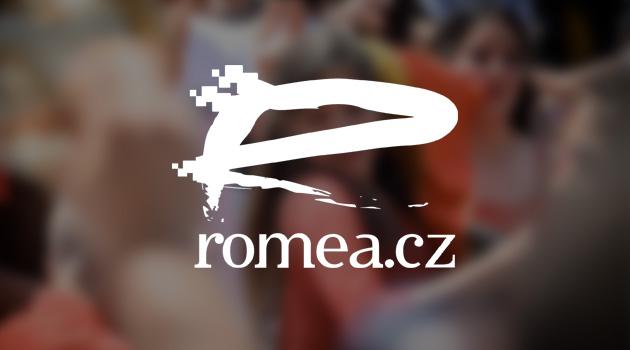USA: Four-month-old Romani boy is youngest child to be separated from his parents at the border with Mexico

The New York Times has reported the story of a Romani infant who is apparently the youngest of the thousands of children being separated from their parents as part of a US immigration policy designed to deter families hoping for a better future there from crossing the southern border. The “experiment”, to which the US administration publicly admitted in May 2018, lasted for more than a year and the overall number of people affected by it remains unknown.
Because of this policy, little Konstantin spent five months of the first year of his life with a foster family in the USA. The policy targets the increasing number of families crossing the Mexico-US border who come from Central America, a region which many have been fleeing in recent years because of drought, poverty and violence.
Asylum-seekers from other parts of the world, such as Romani people from Romania – an EU Member State – have also been affected by the US policy, even though the numbers of their asylum claims have been stable for years and they frequently are granted asylum in the USA. Romani people were enslaved in what is now Romania for more than 500 years and face exclusion from education and social services as well as open violence there to this day.
Konstantin’s father, Vasile Mutu, told the New York Times that the first Romani family from his home village left for the USA 10 years ago and managed to successfully flee the poverty of the Romanian countryside. Other families followed in his footsteps.
Exclusive: We found the youngest known child separated from his parents at the border under President Trump. He was only 4 months old https://t.co/IHSAe6ebrs
— The New York Times (@nytimes) June 14, 2019
Mutu did not decide to emigrate to the USA until his wife, Florentina, was sterilized without her informed consent during the Cesarean delivery of her fifth and youngest son, Konstantin, in a Romanian hospital. The family flew to Mexico City with their two youngest children (one age 4, Konstantin 4 months), planning to bring their older children once they had settled in the USA.
During their journey to the border, which was facilitated for them from Mexico City by a smuggler on an overcrowded bus, the family unfortunately became separated from each other. Florentina had the four-year-old with her at a rest stop and was placing a telephone call home to speak with the older children when the bus left for the border without them.
Mutu requested political asylum at the US border for himself and four-month-old Konstantin, who had a fever by then. Mutu was arrested and his son was taken away from him.
The father was placed in custody and Konstantin was placed with a foster family in Michigan, while Florentina and her 4-year-old son returned to Romania thanks to support from their relatives. After some time a Ms Acevedo, the social worker who was taking care of Konstantin’s case, contacted his mother.
“I wanted her to know where Konstantin was, that he had not disappeared or been lost or something. I wanted her know that he was with people,” Acevedo said.
The social worker began to organize weekly video calls between Konstantin and his mother. Florentina wept during the calls and spoke to her son in Romanian during them.
After two months in custody, an immigration official came to Mutu, who was desperate, and made him the following offer: If he would withdraw his asylum claim, he and Konstantin could be deported back to Romania together. Mutu agreed and on 3 June 2018 he was released and taken to the airport.
Despite officials having assured him that he would see his son on the plane, it took off without Konstantin. The desperate family did not see their youngest son until one month later, several weeks after President Trump, facing a wave of public outrage, ended the family separation policy.
Konstantin was nine months old when his American foster mother brought him to Bucharest and delivered him to his parents. The Mutu family is currently back in their home village, where they share a single-family house with another family.
Developmentally, Konstantin is still grappling with the consequences of the separation and is behind his peers. The family still has an “American dream” despite the fact that their relatives living in the USA admit that life there is not as rosy as their social media posts might make it look.
